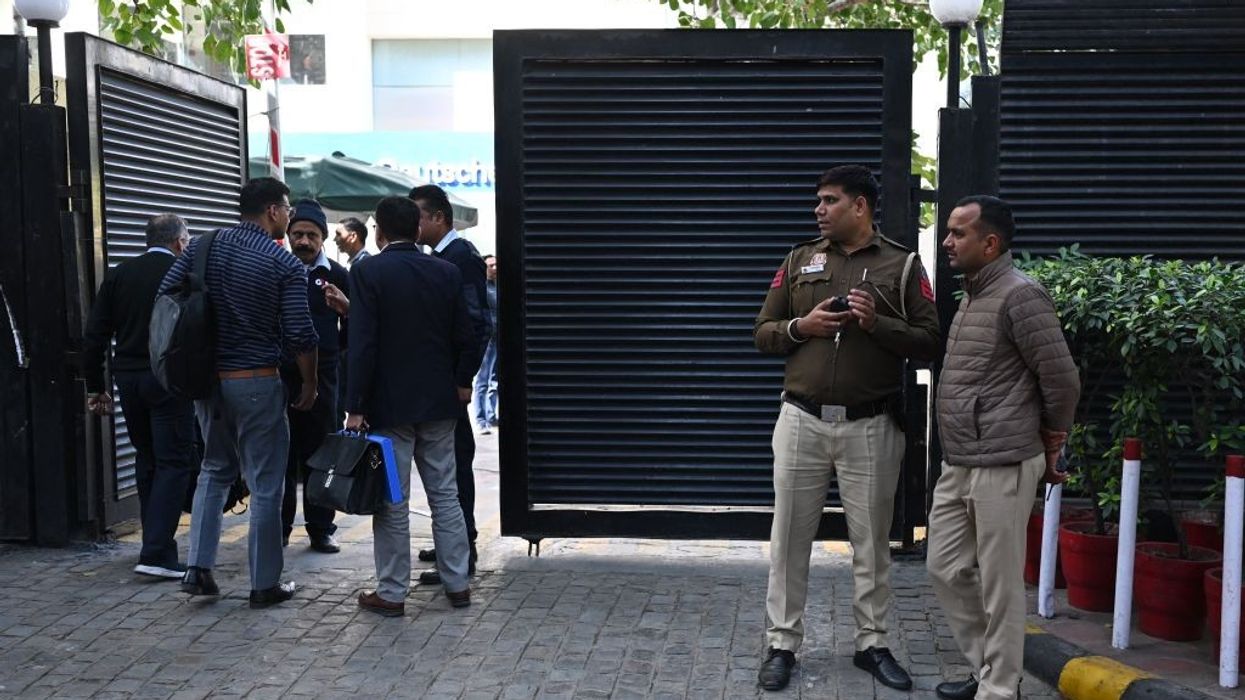BRITAIN has strongly defended the BBC and its editorial freedom in Parliament after a survey by Indian tax authorities on the media corporation's New Delhi and Mumbai offices last week.
A Foreign, Commonwealth and Development Office (FCDO) junior minister responded to an urgent question raised in the House of Commons on Tuesday (21) saying media freedom and freedom of speech are essential elements of robust democracies.
David Rutley, the parliamentary under-secretary of the FCDO, pointed to a broad and deep relationship with India which meant the UK was able to discuss a wide range of issues in a "constructive manner".
“We stand up for the BBC. We fund the BBC. We think the BBC World Service is vital. We want the BBC to have that editorial freedom,” Rutley said.
“It criticises us (government), it criticises the (opposition) Labour party, and it has that freedom that we believe is so important. That freedom is key and we want to be able to communicate its importance to our friends across the world, including the government in India,” he said.
The I-T department’s survey which began on February 14 continued till February 16.
Highlighting that the BBC is operationally and editorially independent, the minister said the public broadcaster plays an important role and the FCDO funds services in 12 languages, including four Indian languages: Gujarati, Marathi, Punjabi and Telugu.
"It will continue to do so, because it is important to ensure that our voice and an independent voice, through the BBC is heard throughout the world,” he said.
Pressed on by Opposition MPs on the "deeply worrying raids" and asked about discussions with the Indian government, the minister added, “this issue has been raised and we continue to monitor the situation.”
The urgent question was raised by Northern Ireland MP Jim Shannon, who branded the action a “deliberate act of intimidation” following the release of an unflattering documentary about the country's leader.
British Sikh Labour MP Tanmanjeet Singh Dhesi expressed his concerns that "India, a nation with which we have shared values of democracy and press freedoms, decided to conduct a raid on the BBC offices after the airing of a documentary critical of the Indian Prime Minister's actions.”
Other Labour MPs pointed out that it was not the first time that the authorities in India had undertaken such "investigations into media organisations that are critical of the current government.”
Conservative Party MP Bob Blackman, a vocal supporter of the Indian government, asked the minister to confirm if the Indian tax authorities have been investigating the BBC for seven years.
The minister, however, declined to comment on an ongoing investigation that the BBC is actively engaged in.
The I-T department said in a statement following the survey that the income and profits disclosed by the organisation's units were "not commensurate with the scale of operations in India".
(PTI)
We stand up for BBC: UK government in Parliament




